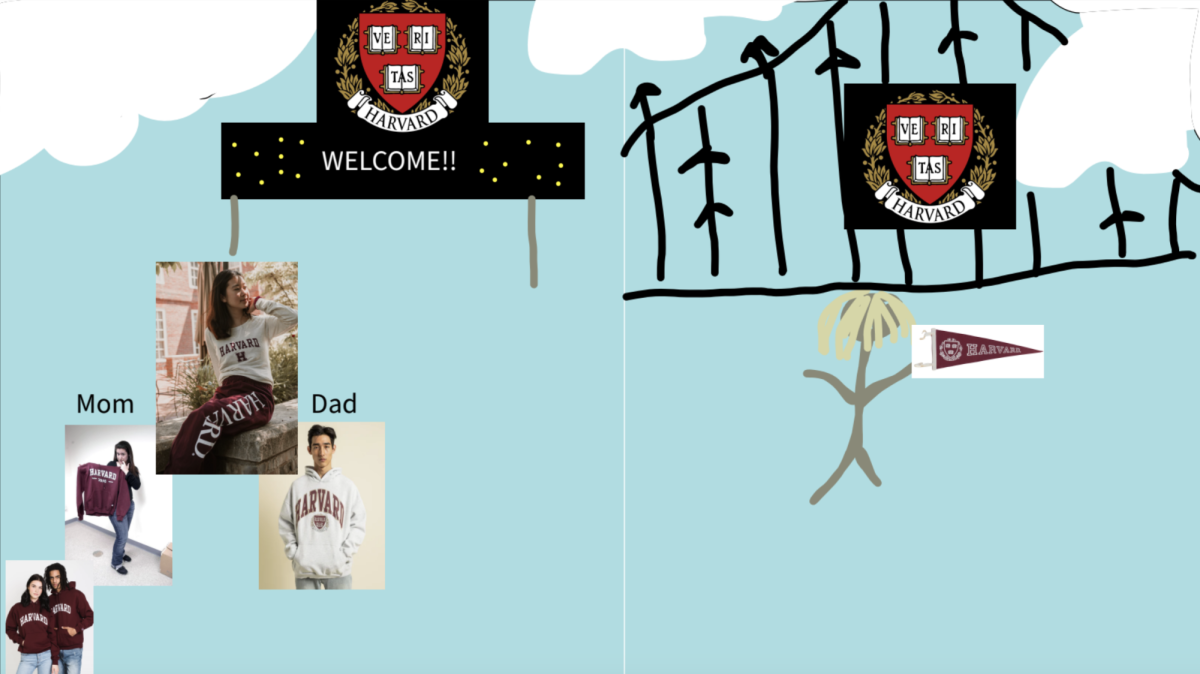Legacy admissions into colleges are one of the major barriers hindering the achievement of a higher education. In June of 2023, the Supreme Court of the United States affirmed a bill that struck down race-conscious admissions programs in schools like Harvard University and UNC-Chapel Hill. This affirmation gave attention to the various prejudiced practices in admissions offices around the country.
Following the example of schools such as MIT and Johns Hopkins University, other prominent institutions should abolish the practice of legacy admissions. The action of removing these unfair admissions would only be fair to students who aspire to attend prestigious schools.
Legacy admissions are generally granted to individuals who have immediate family members (i.e. parents, siblings, grandparents, great-grandparents, etc.) who attended the school and are alumni. Looking the other way when there are smart and bright students, in favor of children of alumni, is inexcusable and should not continue.
Allowing the continuation of legacy admissions only promotes the prolonged dependency of students on their families. There have been several instances in the recent past where individuals were accepted to universities, despite not possessing the ‘immaculate’ grades that colleges and universities supposedly value.
Along with this, the unfair acceptances take away vital opportunities for other students who work hard to get accepted into prestigious institutions. A study done by Opportunity Insights shows that when children of alumni applied to their parent’s alma mater, they had a 37% higher chance of being accepted into the school.
Legacy admissions also heavily favor students who come from rich families. Studies show that out of every 100 legacy students, over 65 were part of the top household income brackets. This data shows that multiple, highly-regarded colleges prioritize the monetary profits they make from accepting rich students.
Colleges have even outwardly stated that they prioritize legacies for a few reasons: to maintain strong ties with the alumni, to network, and to assist with donations. This makes one think: should students be accepted in order for the school to receive more donations?
While some students may truly work hard, and their legacy acceptance was only a coincidence, this does not apply to all students. Even having the possibility to unfairly be admitted into a college with limited numbers gives an unbalanced disadvantage to other students.
Legacy acceptances promote unfair and clear bias towards students. This bias should not be considered okay and should be fixed immediately by eliminating the practice of legacy admissions. After the bill was passed in June, universities have stated that they have been processing its meaning and effects on their education. This time can give institutes of higher education a prime opportunity to remove the hard-to-cross barriers they have put up around themselves, and finally accept students who truly deserve to attend the schools.








